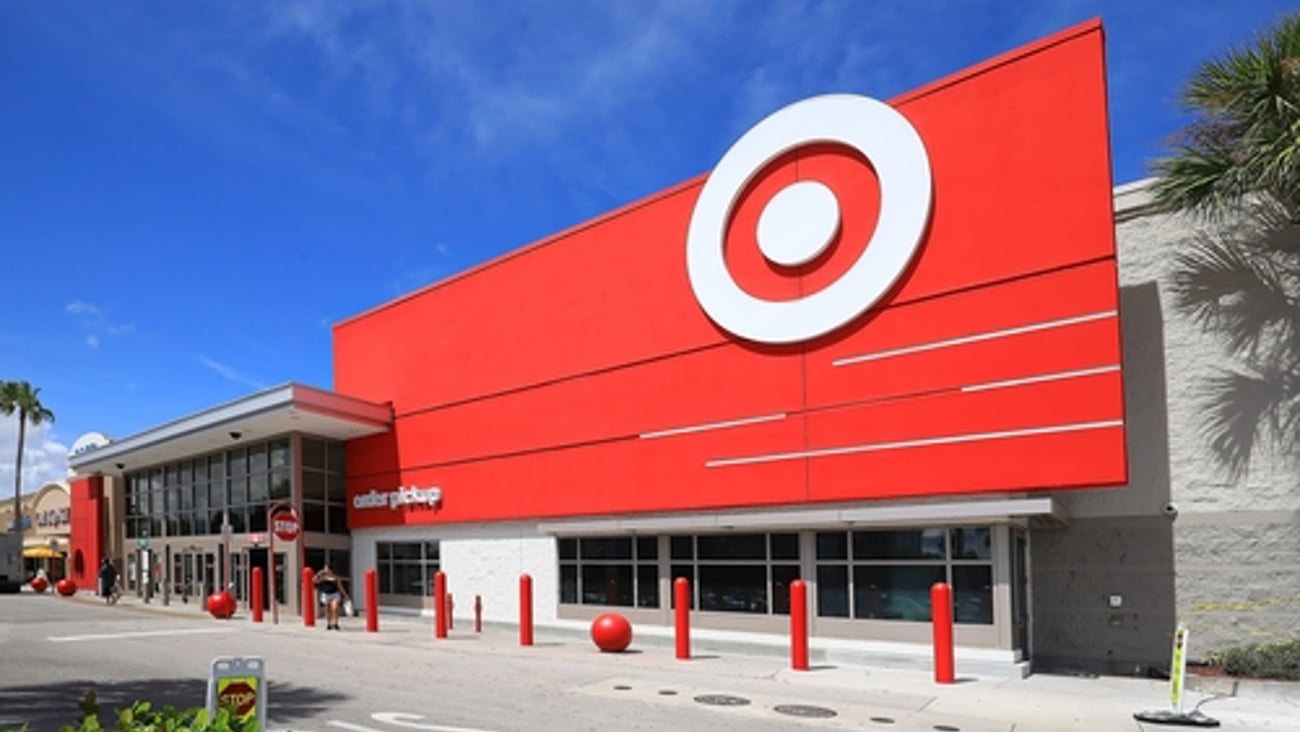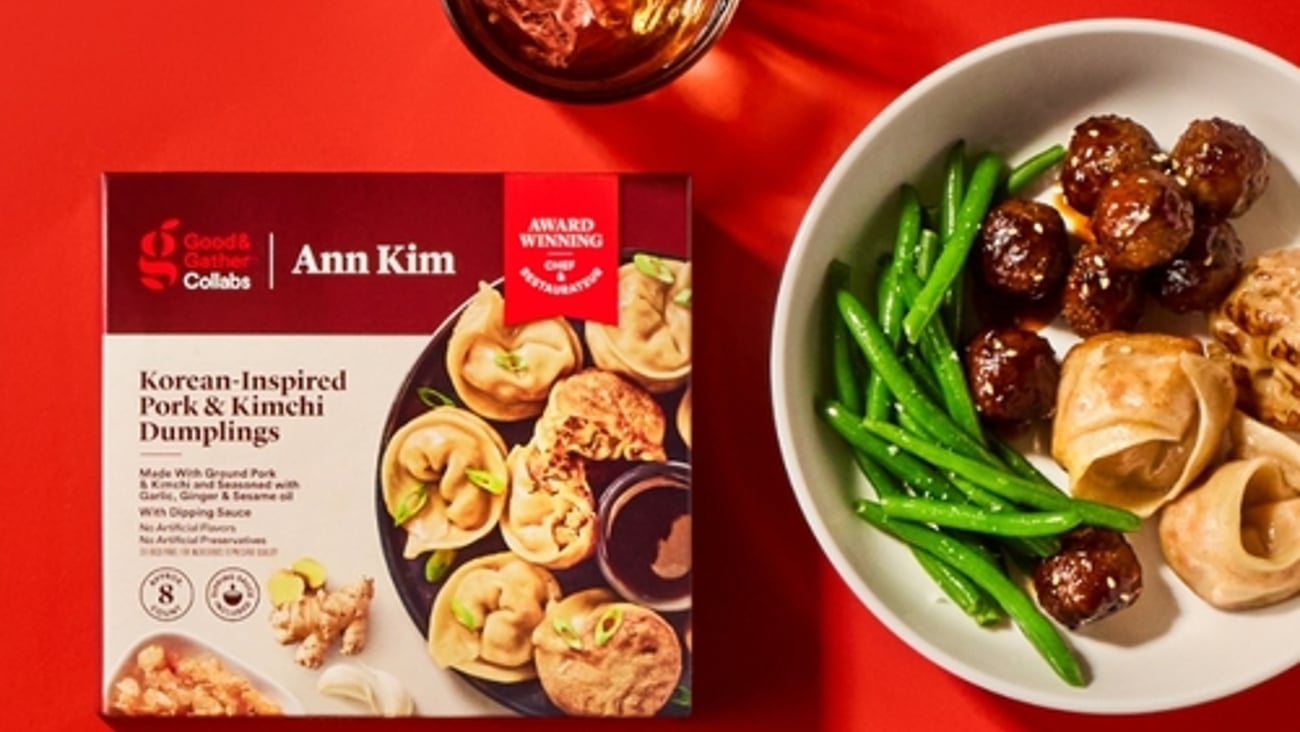Don’t overlook private brand opportunities in natural frozen
Many consumers equate “natural” with fresh food, which they typically consider to include fruits and vegetables in the produce department as well as refrigerated meat, seafood, dairy and fresh-prepared items. Frozen food of late has not been regarded as natural or fresh; it is usually lumped with shelf-stable food items as part of the declining center store.
Although the frozen department in U.S. grocery channels grew a sluggish 1.5 percent overall in 2017, according to Chicago-based market researcher SPINS, frozen SKUs with claims that resonate with millennials and other health-conscious consumers experienced significantly greater growth.
In its recently published “Trendwatch” report titled “Natural Frozen Foods,” SPINS notes that sales of naturally positioned products in the frozen department increased 16.6 percent in 2017 and 11.1 percent in 2016. Today, natural frozen products account for $4.8 billion in retail sales in the $80.6 billion frozen food market, states SPINS, which defines “natural” as including organic, clean label, free-from (such as vegan, gluten-free and Paleo) and functional food products.
Top-performing natural frozen segments include plant-based frozen entrées, gluten-free pizza and pizza crust, and products with added prebiotics, the report observes.
Given the rise of flexitarians in the United States — people who are trying to curb their consumption of animal-based products for health or environmental reasons but are not vegan or even vegetarian — the plant-based category has incredible momentum. While frozen entrées as a whole grew 4.1 percent in 2017, vegan frozen entrées increased 14.7 percent.
SPINS points out that Nestlé-owned Sweet Earth Natural Foods is enjoying “immense success” with its many natural vegan and vegetarian frozen bowls, burritos and other entrées. Amy’s Kitchen has also been highly successful in this realm.
Among U.S. grocery retailers with strong private brands programs, Batavia, Ill.-based Aldi U.S. stands out with its new Earth Grown frozen vegan line, which includes the Veggie Burger, Black Bean Chipotle Burger, Quinoa Crunch Veggie Burger and Kale Veggie Burger. In fact, Aldi’s Veggie Burger, which is manufactured by Ungar’s Food Products, is the Silver winner in the “Meal Solutions” category in Store Brands’ 2018 Editors Picks’ Awards competition. (See the cover story in our May issue for detailed information on the Editors’ Picks Awards.)
Frozen pizza is a category that actually posted a 0.8 percent decline in the U.S. in 2017. But frozen pizzas with gluten-free claims increased 14.6 percent last year to reach $259.6 million in retail sales, SPINS reports. Frozen gluten-free pizza crusts of various types are also taking off, growing 6.7 percent in 2017. Among private brands, Trader Joe’s frozen Cauliflower Pizza Crust has enjoyed accolades that include being recognized as Store Brands’ Best New Food Product or Line in 2017. More recently, Oggi Foods received a Bronze Award in the Editors’ Picks Awards’ “Meals Solutions” category for its own Gluten-Free Cauliflower Crust, which is available for private branding.
SPINS suggests that frozen pizza and pizza crust constitute a mostly untapped market for functional ingredients. As the market research firm notes, national brand manufacturer Cappello’s is adding psyllium, prized for its high fiber content and digestion benefits (as anyone who has tried Metamucil knows), to its gluten- and grain-free, Paleo-friendly Naked Crust Pizza.
Prebiotics, which promote the growth of beneficial microorganisms in the gut, are also being added to frozen indulgent products such as ice cream. Indeed, frozen ice cream is among the fastest-growing natural frozen subcategories, increasing 28 percent in dollar sales growth in 2017, according to SPINS. Frozen novelties with natural claims increased even more, rising 43 percent in dollar sales last year.
With these promising numbers, retailers need to give serious consideration to rolling out their own frozen natural and organic, free-from and functional offerings.





